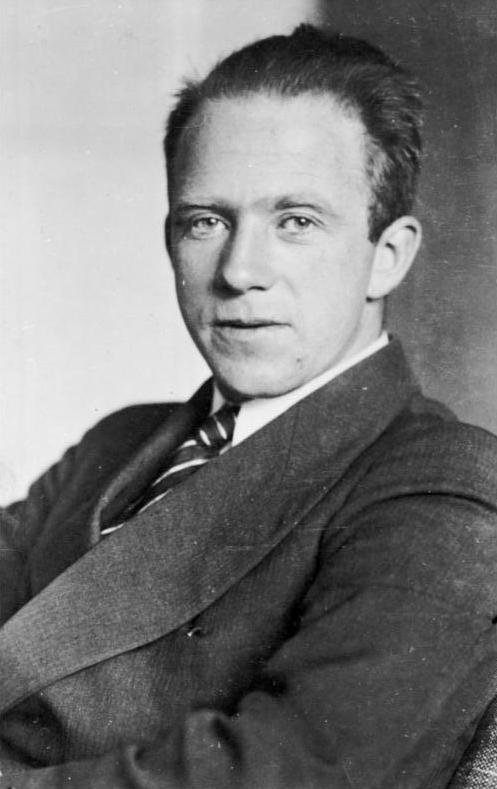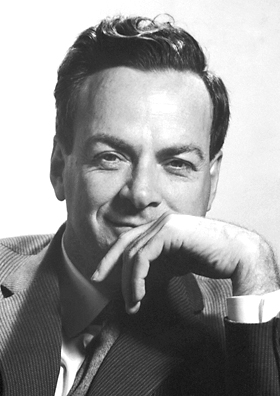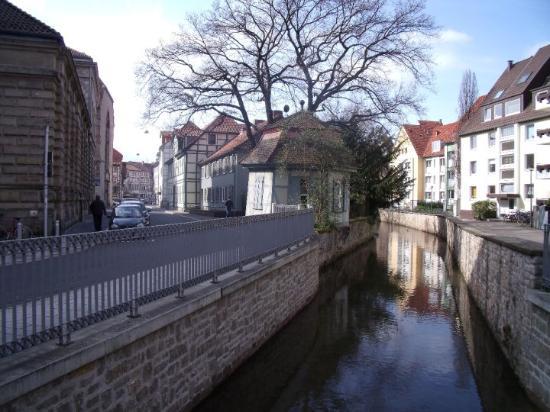 |
Werner Heisenberg
(From Wikipedia.com) |
"[Werner Heisenberg and German biochemist Adolf Butenandt] had just attended a [March 1, 1943] meeting of the Academy for Aeronautics in the Air Ministry, off the Potsdamer Platz [in Berlin]. Hubert Schardin had been lecturing on the physiological effects of modern bombs, mentioning, among other things, that the sudden build-up of air pressure due to an explosion in one's immediate vicinity might lead to a relatively painless death from an embolism. Toward the end of the meeting, the alert had been sounded and all of us had made for the Ministry shelter, fitted out with camp beds and paillasses. This was our first experience of very heavy bombing. Several bombs hit the building of the Ministry, we heard the collapse of walls and ceilings, and for a time we did not know whether the corridor between our shelter and the outside world was still open.
 |
| Otto Hahn (From www.biography.com) |
The lights had gone out shortly after the start of the raid, and there were occasional gleams of a flashlight. A groaning woman was brought in and tended by two medical orderlies. At first we had all been talking and even laughing, but gradually we fell silent; the only sound then was the occasional thud as yet another bomb dropped nearby. After two particularly violent bursts, with pressure waves that shook the whole shelter, I heard [German nuclear physicist] Otto Hahn pipe up in a corner: 'I bet Schardin doesn't believe in his own theories right now.' With that, the atmosphere grew just a shade less somber." (183)
--Werner Heisenberg,
Physics and Beyond






